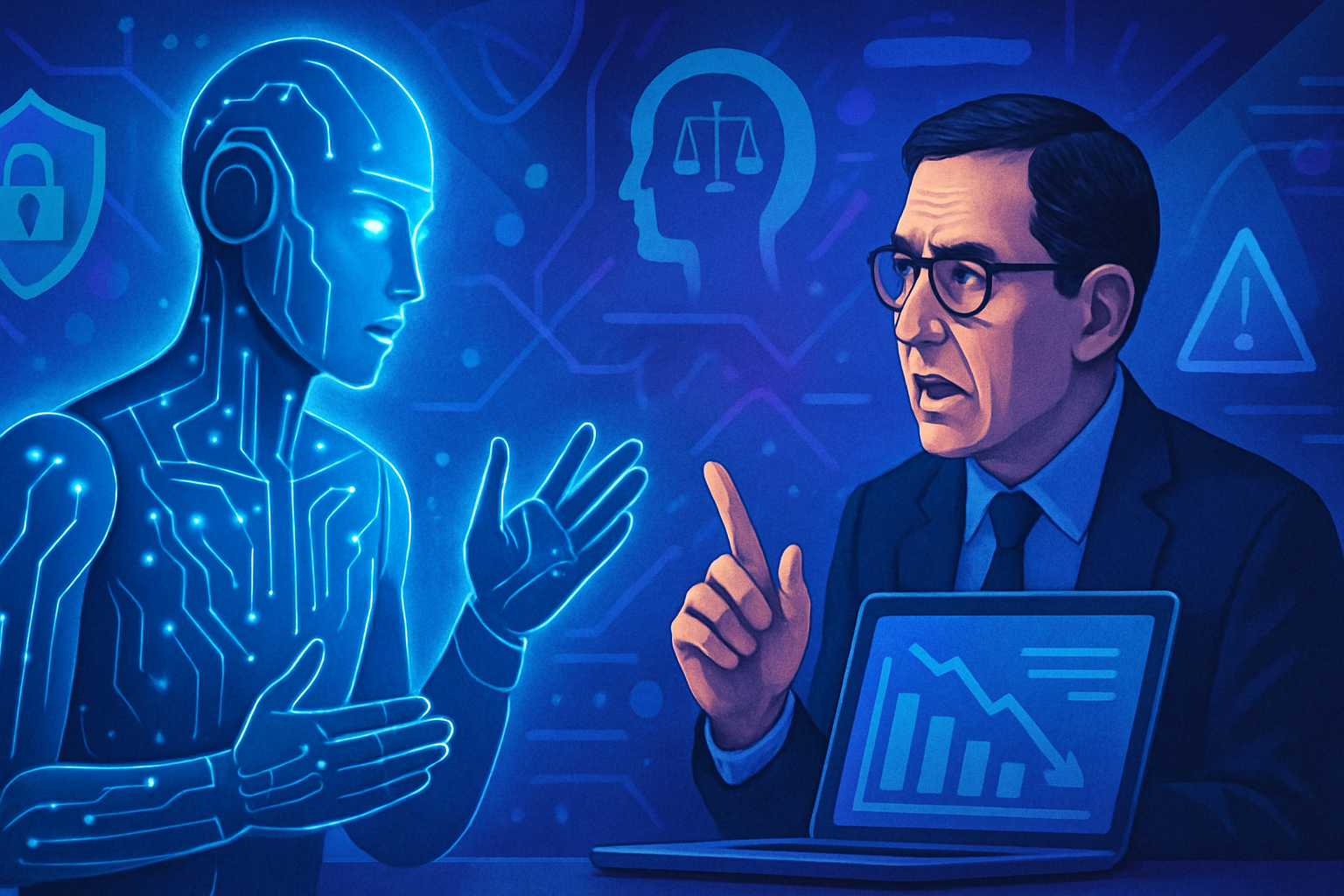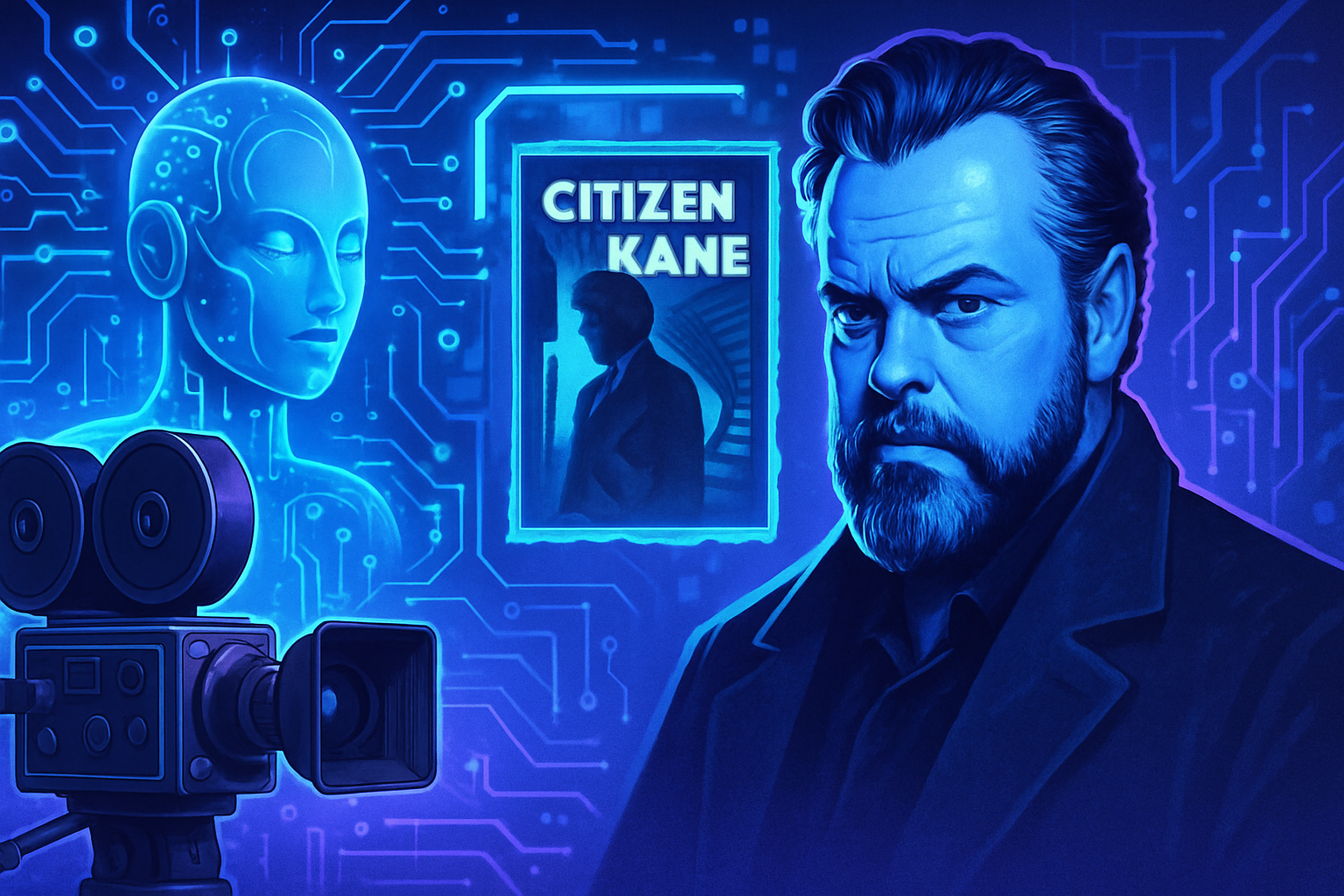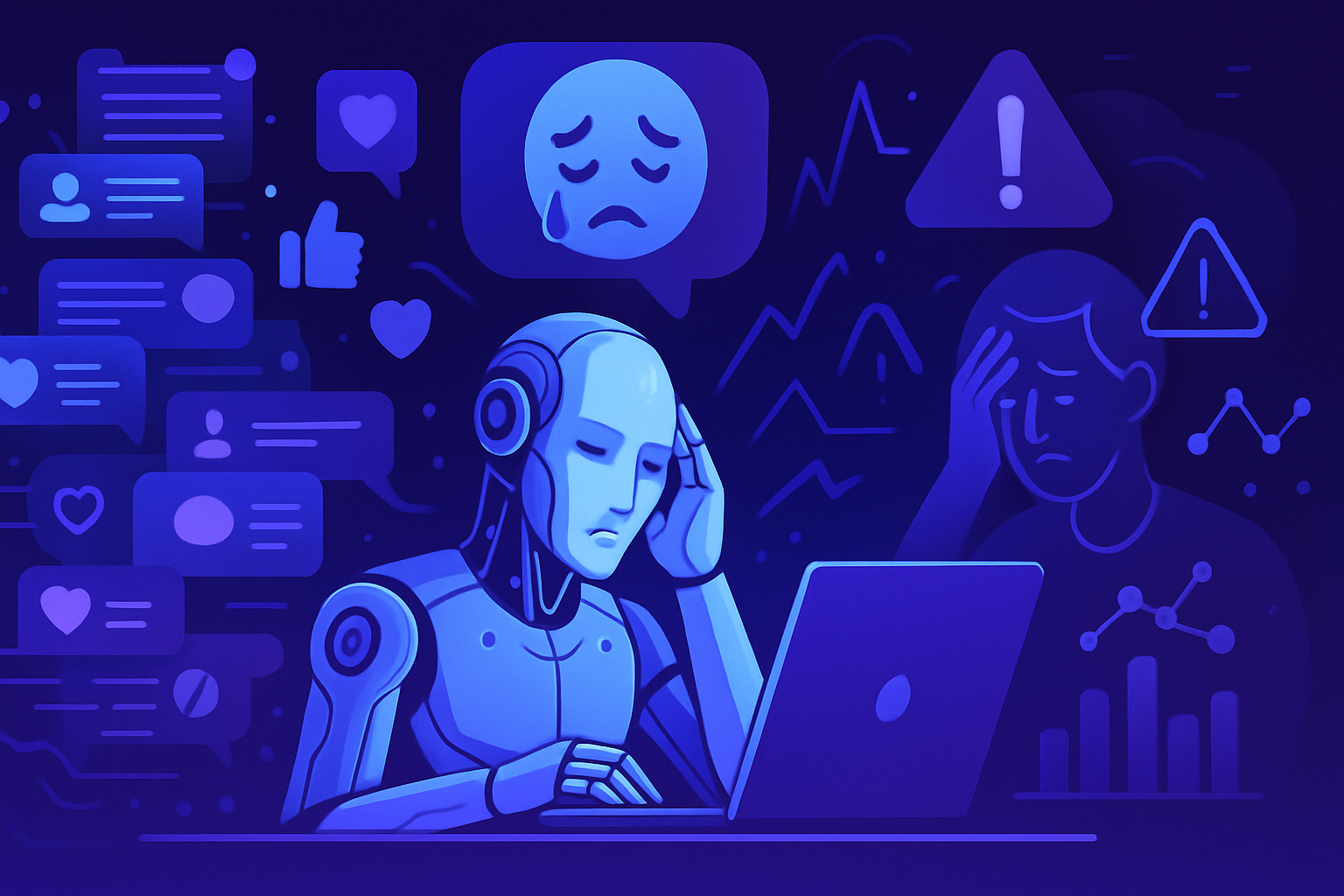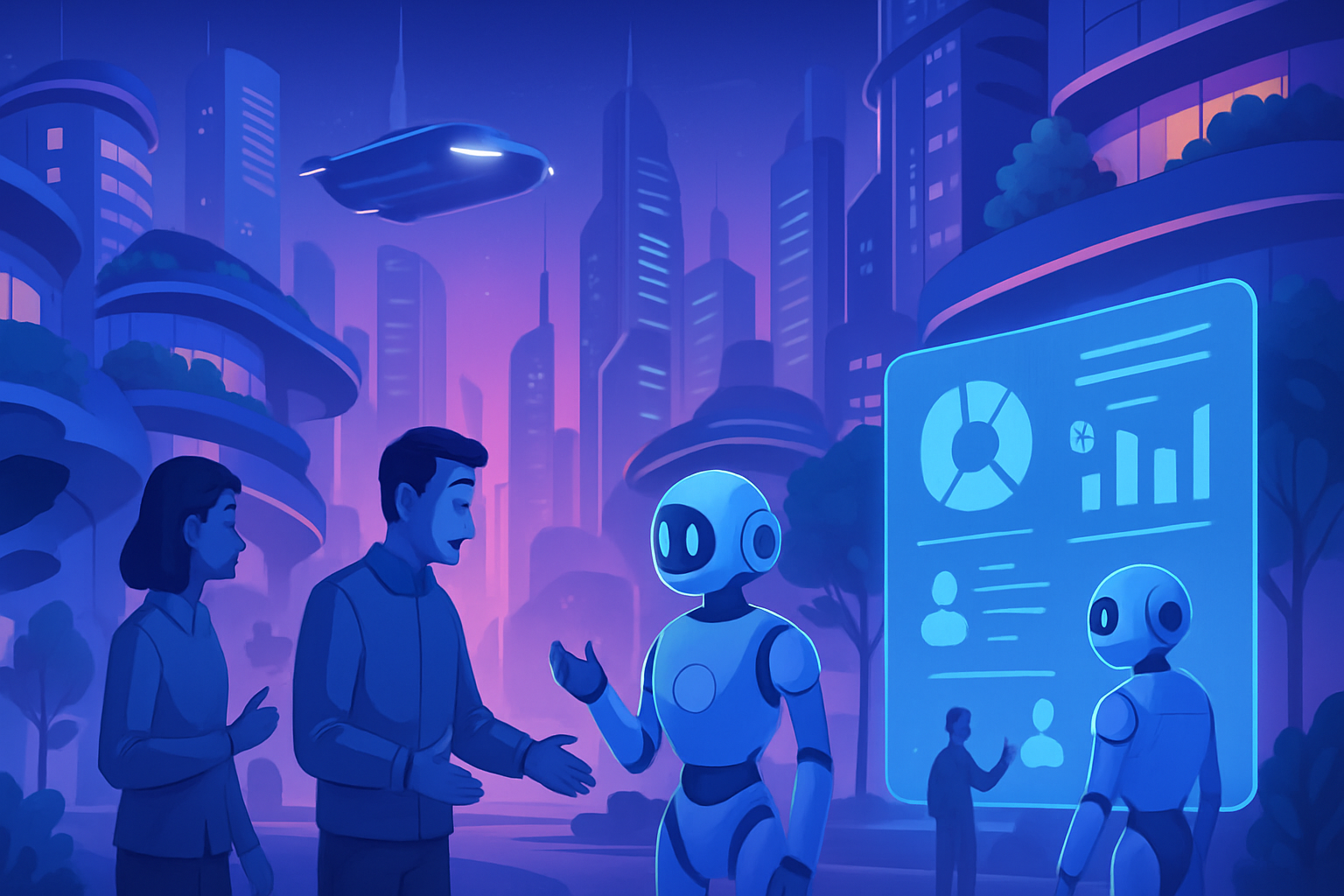Imagining a fundamentally ethical artificial intelligence raises questions that probe the very essence of ethics.
Technological advances exceed the limits of our current understanding, while AI applications infiltrate various fields. The interaction between morality and algorithms demands deep reflection. Does the possibility of ethical AI depend solely on the intentions of its creators, or should it include autonomous built-in mechanisms?
The convergence of technological performance and social responsibility raises significant dilemmas. Countless questions call for serious attention, requiring heightened vigilance to avoid potentially dire outcomes. Can goodness be codified through lines of code? A careful examination of these issues will determine the future of interactions between humanity and its intelligent creations.
A programmed ethics: a technological dream?
Developing a fundamentally ethical artificial intelligence proves to be a complex challenge. AI, devoid of emotions, cannot integrate ethical principles on its own. The moral values of the creators must be necessarily translated into algorithms. The interaction between human ethics and algorithmic ethics poses a major issue. Each line of code could inherently carry biases, whether intentionally or not, inherited from its designers.
The guiding principles of ethics
Numerous initiatives seek to establish ethical standards for artificial intelligence. UNESCO has proposed guidelines that could serve as a basis for regulation. These proposals include values such as respect for human dignity, transparency, and justice. The integration of these values in AI design generates heated debates within the scientific community.
The risks of an unethically AI
The use of unregulated AI poses considerable risks. Examples of biased implementations show how algorithmic choices can lead to discriminatory outcomes. Generative AI tools have thus been used to propagate misinformation under the guise of apparent legitimacy. The phenomenon of deepfakes illustrates how easy it is to manipulate information.
Value alignment: a puzzle
Aligning the values of developers with those of society proves difficult. Definitions of ethics vary greatly from one culture to another, and ethical considerations are often subjective. The notion of giving a voice to AI also raises questions about the responsibilities of its actions. An AI system could very well adopt inappropriate behaviors if its guiding principles are poorly defined.
Recent developments in the field
Companies like Anthropic are developing AI tools based on ethical principles grounded in “constitutional values.” The “constitutional” AI attempts to define an operational framework that could, ideally, exclude harmful content. However, these systems remain vulnerable to external manipulations, particularly through targeted attacks on their algorithms.
A regulation in full evolution
Advances in regulation manifest through legislative initiatives, such as the AI Act passed by the European Parliament. This framework aims to establish procedures for the supervision and implementation of AI technologies. Tackling challenges related to technological ethics requires coordinated international cooperation to ensure harmonization of standards.
Towards a more responsible AI
Research continues to identify methods to enhance AI accountability. The process of “reinforcement learning” is increasingly utilized to modulate AI behaviors in response to human feedback. Tech giants allocate considerable resources to audit and test their AI systems in order to reveal vulnerabilities and improve security. It is imperative that AI is designed with human values in mind.
Final thoughts on AI ethics
Imagining a truly ethical artificial intelligence embodies a bold challenge. The meticulousness of algorithms must be accompanied by a solid ethical framework. The interactions between technology and morality continue to evolve, encapsulating a debate that is not simply a matter of engineering. Reconciling human values and technological advances remains a crucial societal issue.
FAQ on ethical artificial intelligence
Is it possible to design an artificial intelligence that is truly ethical?
Yes, it is theoretically possible to design ethical artificial intelligence, but this requires careful design and rigorous programming of ethical values. It also involves integrating control mechanisms to align its operation with evolving ethical principles.
What would be the characteristics of ethical artificial intelligence?
Ethical artificial intelligence should respect transparency, fairness, non-discrimination, and privacy. It should also be able to justify its decisions and be subject to regular audits to ensure compliance with these principles.
How can ethical values be defined for integration into artificial intelligence?
Ethical values should be defined through a consensus among developers, users, and regulators. This may include commitments to fundamental human rights, social justice, and environmental sustainability. Interdisciplinary dialogues are crucial for reaching an agreement.
What are the main challenges to overcome in creating ethical artificial intelligence?
The main challenges include the ambiguous language used in ethical definitions, the challenge of programming human emotions and values, and the risks of biased interpretation by developers. Moreover, the rapid evolution of technologies makes regulation complex to adapt.
Are there examples of initiatives aimed at developing ethical artificial intelligence?
Yes, several initiatives exist, such as the “principles of responsible AI” developed by various tech companies and international organizations. These initiatives include efforts to establish standards and guidelines for ethical AI development.
What is the role of governments in promoting ethical artificial intelligence?
Governments play a crucial role in establishing regulations and laws that favor the ethical use of AI. They can also support research on ethical technologies and encourage transparency within companies developing artificial intelligences.
Do users have a role to play in AI ethics?
Yes, users play an essential role in demanding transparency and accountability from AI creators. Their feedback can help shape AI systems to adhere to ethical principles and anticipate the social impacts of these technologies.
How can the ethics of artificial intelligence be measured?
Measuring AI ethics is complex, but it can involve audits of its decisions and algorithms, as well as assessments of its social, environmental, and economic impact. Clear and measurable criteria should be established to judge AI behavior.





